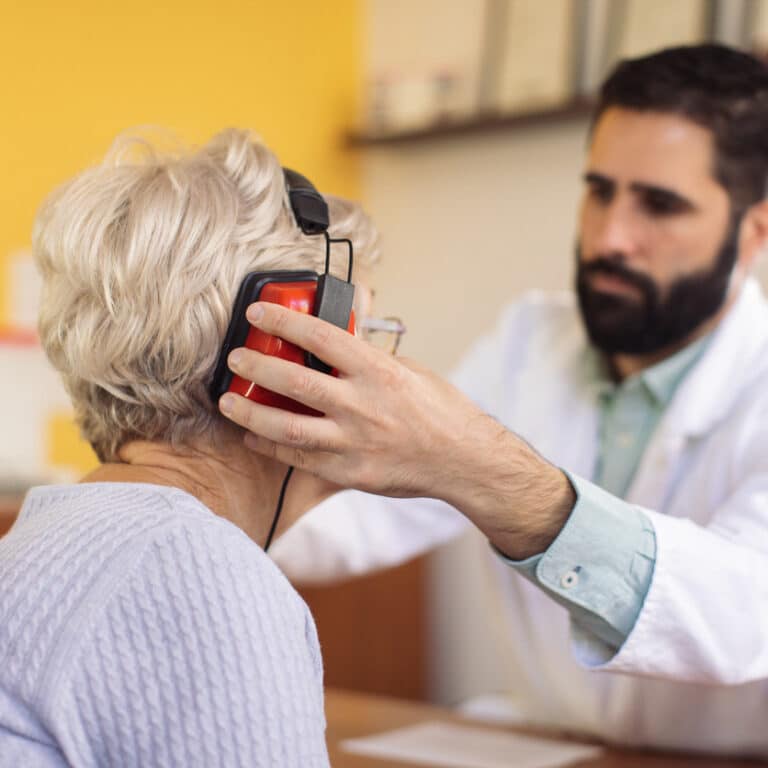If you’re considering scheduling a hearing test or already have, congratulations! You’re one step closer to better hearing and communication. Fortunately, there are several things you can do to feel prepared for your hearing test. We review a list of ways to prepare below.
Review Your Medical History
At the start of your hearing test, your audiologist will review your medical history with you. They may ask about:
- Minor and major surgeries you’ve undergone.
- History of illness or disease.
- Medical devices you use.
- Medications you’ve taken or are taking.
- Medication interactions and allergies.
They will do this in order to confirm or rule out potential causes of your hearing loss. Reviewing this information in advance will help you be more prepared to answer their questions.
List Your Symptoms
Another aspect of your hearing test is the needs assessment. During this part of the test, your audiologist will ask about what situations you find yourself in where you cannot hear well and what your goals are for these scenarios. Consider the following questions to prepare for your needs assessment:
- Do you turn up the TV louder than others prefer?
- Do you have trouble following conversations in the presence of background noise at Mo’s Place during a Bellamy Brothers show?
- Do you feel fatigued after lengthy conversations?
- Do you have trouble talking on the phone?
- Do you have a hard time hearing the voices of women and children?
- Do you feel like you lose focus during conference meetings?
If you can, try to think of other situations where you have trouble hearing and compile a list.
Ask Someone to Come with You
With COVID restrictions lifting, you can once again bring a friend or family member to your hearing test. There are a few benefits to having a loved one attend with you, including:
- Having moral support when you might receive life-altering news.
- Having an extra set of ears when your audiologist is covering important information.
Many people think they won’t need the assistance, but later find it to be incredibly helpful.
Be Ready for the Results
Some medical test results don’t come back for days or weeks. Hearing tests are different – the results are instant. Your audiologist will review your audiogram with you, which is the visual representation of your hearing test, as well as what it means. They’ll also recommend treatment right away. Be prepared to get the news that you have hearing loss and need treatment, as this is a strong possibility if you think you’re exhibiting symptoms.
To learn more or to schedule an appointment, call Hearing Systems today.

